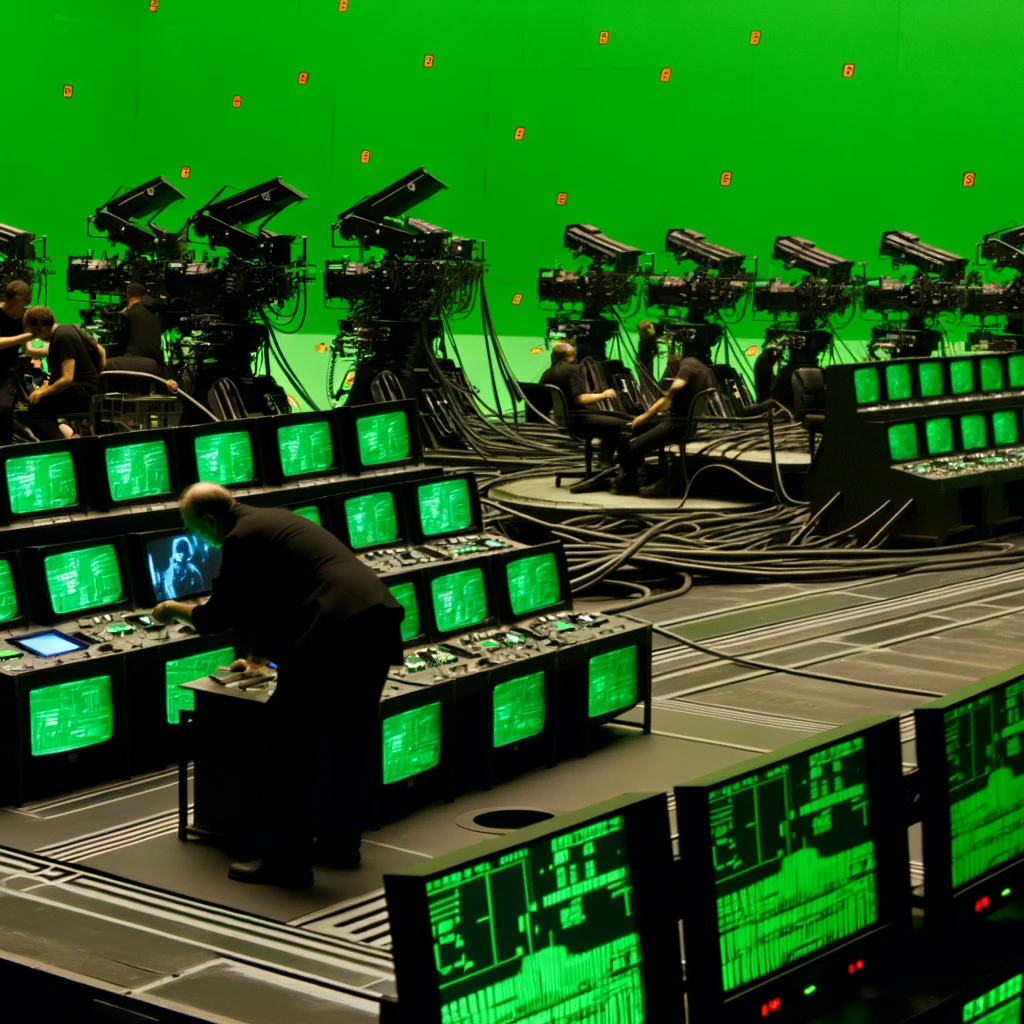Related Articles











The 1999 film Office Space has become synonymous with satirical takes on corporate culture and workplace woes. Originally released to lukewarm reviews and modest box office returns, it has since evolved into a cult classic, influencing how we view office environments and humor alike.
Upon its release, Office Space struggled to find its audience. Directed by Mike Judge, known for his work on Beavis and Butt-Head and King of the Hill, the film was expected to resonate with viewers familiar with his comedic style. However, with a modest budget of $10 million, the film grossed only $12.2 million, considered a commercial disappointment at the time.
Critics were divided over the film's humor and narrative style. While some appreciated its satirical take on the mundane aspects of office life, others felt it lacked the punch to draw in broader audiences. The film's subversion of typical workplace narratives through its protagonist, Peter Gibbons, played by Ron Livingston, was initially overlooked by mainstream moviegoers.
The turnaround for Office Space began with its release on home video. As DVDs became more popular in the early 2000s, the film found a new audience among office workers and college students who connected with its humorous yet poignant portrayal of corporate life.
The film's exploration of themes such as job dissatisfaction, the absurdity of office politics, and the quest for personal fulfillment resonated with audiences. Characters like Milton Waddams, portrayed by Stephen Root, and his infamous red stapler became symbols of the disenfranchised employee, further cementing the film's status as a cultural touchstone.
As Office Space gained popularity, its influence began to permeate various aspects of popular culture. Quotes and scenes from the film became part of the everyday lexicon, often referenced in discussions about work-life balance and corporate culture.
The film's impact extended beyond entertainment, influencing both workplace humor and how companies approached employee satisfaction. The satirical lens through which it viewed the corporate world prompted discussions about the importance of workplace culture, employee engagement, and the value of meaningful work.
Today, Office Space is not just a film but a cultural phenomenon that continues to resonate with audiences worldwide. Its journey from box office flop to beloved classic underscores the power of cinema to capture the zeitgeist and influence societal discussions on work and life.
As we navigate an ever-evolving workplace landscape, the film's enduring popularity serves as a reminder of the challenges and absurdities faced by workers everywhere, making it as relevant today as it was over two decades ago.